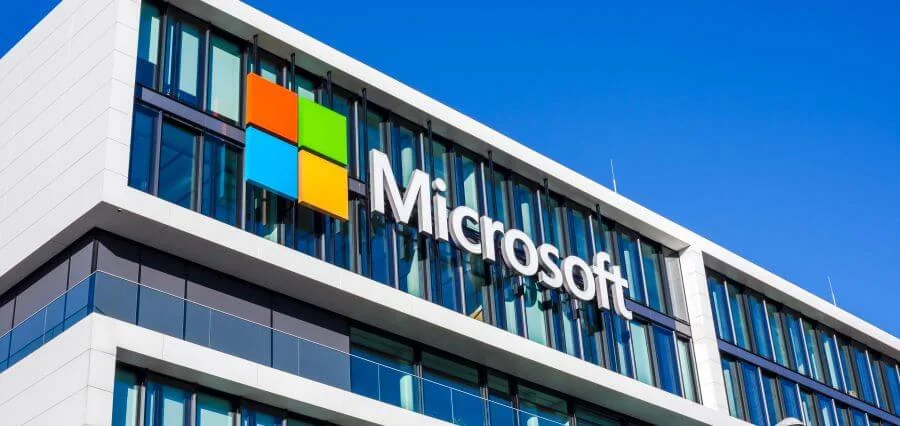On Thursday, Microsoft (MSFT) released its fiscal third quarter profits, exceeding both the top and bottom lines of analysts’ projections due to the company’s robust cloud computing business. The company claimed that the revenue growth of its Azure and other cloud services was 7% attributable to its AI services. The profit increased from 6 percentage points in Q2 to 3 points in Q1.
In Q4 of last year, Microsoft initially disclosed the percentage of AI contributions to Azure, claiming that it increased Azure revenue by 1% at that time. In addition, the business officials stated that they expect Q4 revenue to be between $63.5 billion and $64.5 billion.
Microsoft CFO Amy Hood said during the company’s earnings call that the tech giant is seeing near-term AI demand outstrip available capacity. Shares of Microsoft jumped 5% after the announcement. Microsoft reported earnings per share (EPS) of $2.94 on revenue of $61.9 billion. According to the sources, Wall Street was anticipating EPS of $2.83 on revenue of $60.88 billion.
Microsoft exceeded Wall Street projections of $33.93 billion with its total commercial cloud revenue of $35.1 billion. On a segment basis, Microsoft saw productivity and business process revenue of $19.57 billion, beating expectations of $19.54 billion. The revenue growth expected by the analysts was between $26.25 billion and $15.07 billion. However, it exceeded expectations at $26.71 billion and $15.58 billion.
The 62% increase in Xbox content and services sales and the 11% increase in Windows OEM sales to PC makers, of which 61% was related to the net effect of Microsoft’s Activision Blizzard purchase, were the main drivers of the revenue beat in More Personal Computing. The share price of Microsoft has increased by 32% in the past year.
Since launching its AI chatbot and redesigned version of Bing in February 2023, Microsoft has been releasing a barrage of new AI tools and services for its consumer platforms, corporate apps, and productivity apps.





